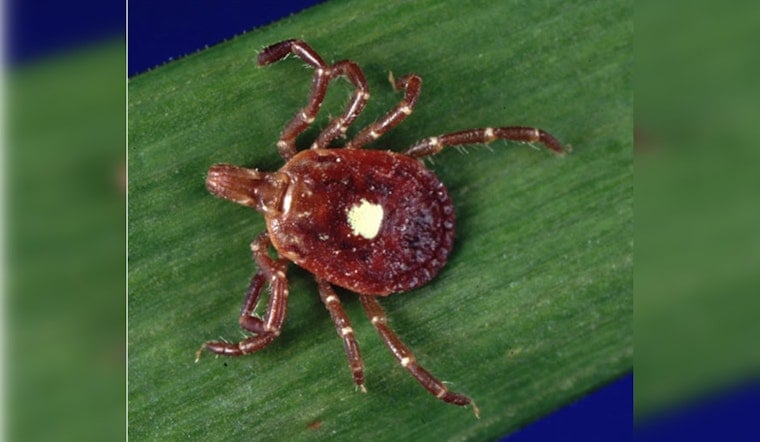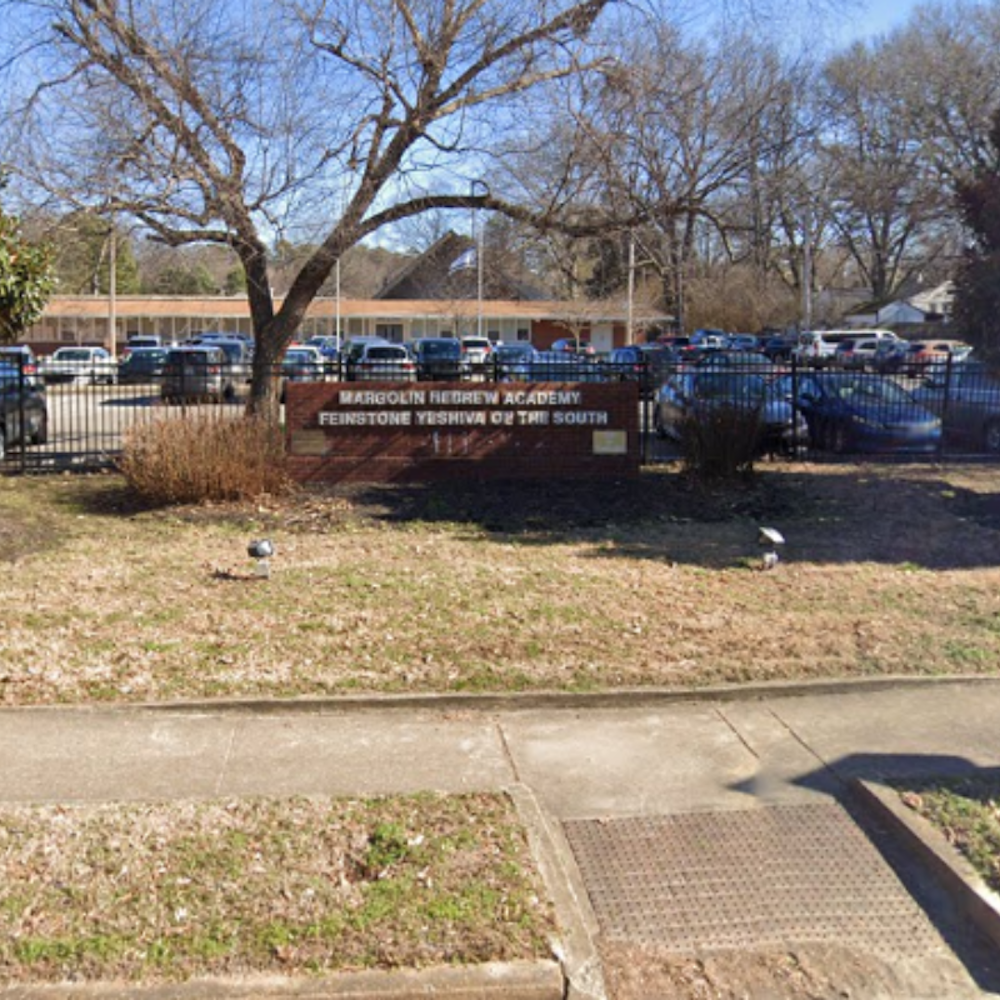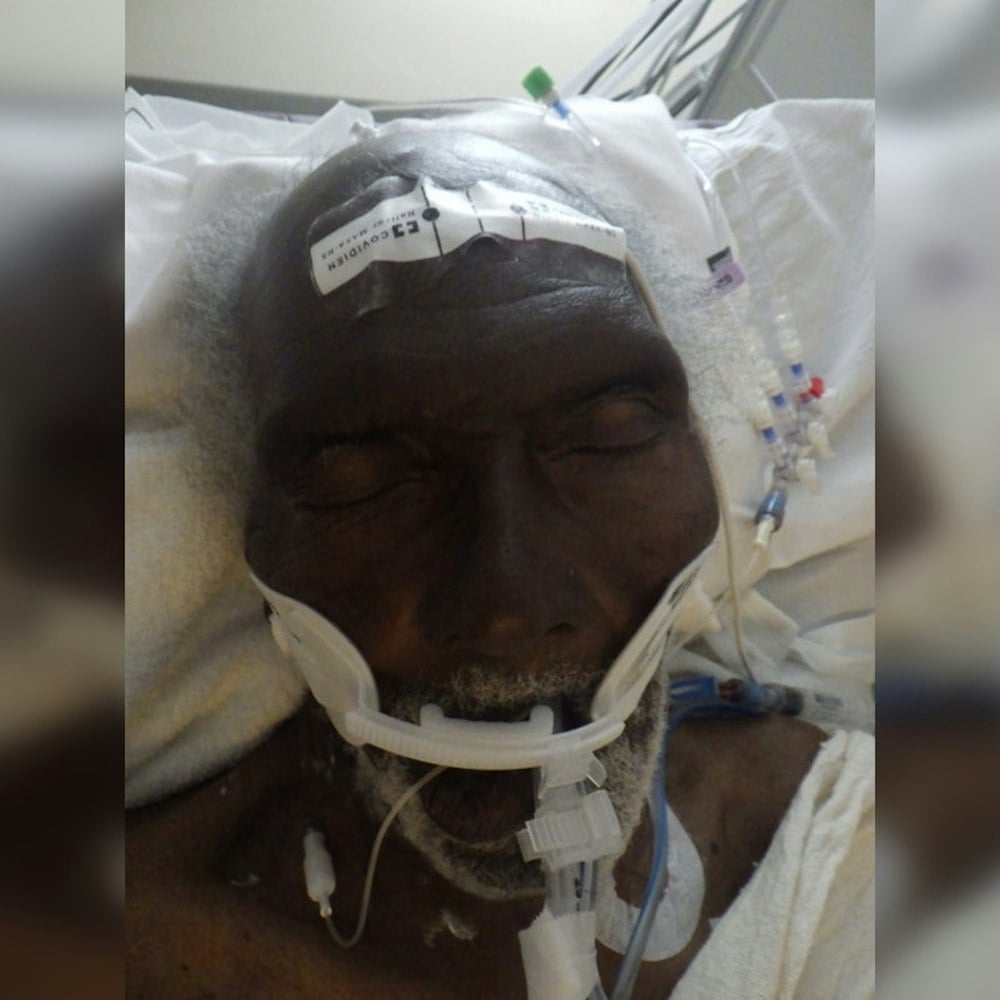
New Hampshire health officials have recently reported cases of two potentially serious tick- and mosquito-borne diseases, raising concerns for public health and safety. Today, the Department of Health and Human Services announced new human cases of the Powassan virus and the Jamestown Canyon virus in the state.
An adult in Rockingham County and a child from Carroll County were diagnosed with the Powassan virus, while an adult from Hillsborough County has been infected with the state's first case of Jamestown Canyon virus this year according to CBS News. The Powassan virus has seen eight reported cases in New Hampshire since 2013, and the Jamestown Canyon virus has had a total of 13 human cases since 2018 in the state per WMUR.
Both diseases are transmitted by the bite of infected ticks and mosquitoes, illustrating the importance of taking precautionary measures to prevent bites. The Powassan virus is transmitted by blacklegged ticks, which only need to be attached to a person for 15 minutes before they can transmit the virus. The Jamestown Canyon virus, on the other hand, is transmitted by infected mosquitoes according to NBC Boston.
Symptoms of both diseases can include fever, muscle aches, headaches, and fatigue. Powassan virus can also lead to more serious central nervous system infections like meningitis and encephalitis. The Jamestown Canyon virus can cause flu-like symptoms and also progress to central nervous system diseases, including meningitis and encephalitis. Regrettably, there are no vaccines or anti-virus medications available to treat either virus.
Ryan Tannian, chief of the Division of Public Health Services' Bureau of Infectious Disease Control, stated, "Mosquitoes will be with us until the first hard frost, and ticks remain active as long as there is no snow cover and temperatures remain above freezing." As mentioned by WMUR, he further emphasized the importance of preventing the bites that cause illnesses transmitted by mosquitoes and ticks, as it is a key factor in reducing the risk of these diseases.
Given the potentially serious health implications of these diseases and the lack of effective treatments, it is crucial for residents and visitors to New Hampshire to remain vigilant in keeping themselves and their families safe from tick and mosquito bites. Using insect repellent, wearing long sleeves and pants, and avoiding areas with tall grass and bushes can help minimize the risk of contracting these diseases.
Moreover, it is essential for individuals to recognize the early symptoms of tick- and mosquito-borne diseases and seek prompt medical attention if they suspect exposure, as early detection and intervention can increase the chances of recovery and minimize long-term consequences.


-1.webp?w=1000&h=1000&fit=crop&crop:edges)






